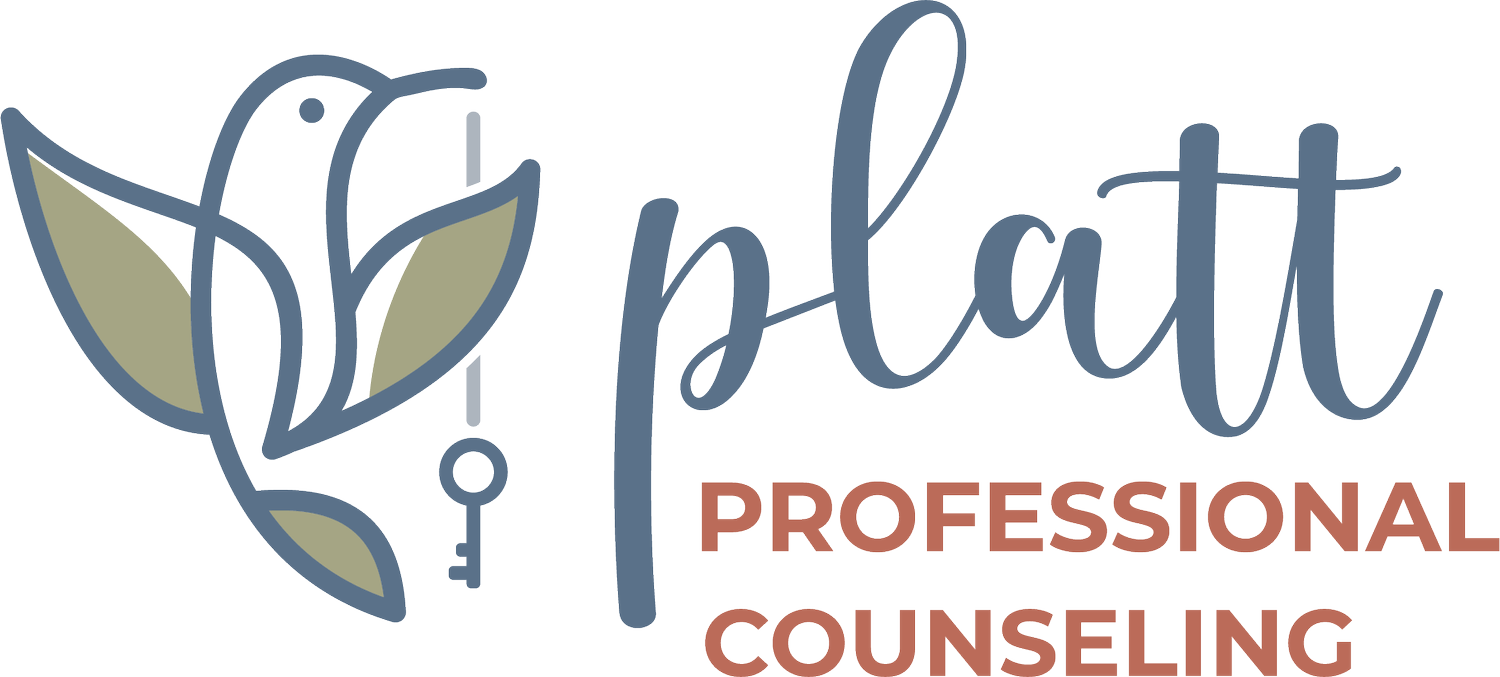Why We Avoid Hard Conversations (and how to start having them)
Let’s be honest … most of us aren’t exactly lining up for hard conversations.
Whether it’s tension with a partner, a concern about a friend, or a boundary we need to set at work, we often find ourselves dodging, delaying, or downplaying. And then we wonder why we feel anxious, exhausted, or stuck.
If you’ve been carrying the weight of what you wish you could say, you’re not alone.
This post isn’t here to shame you for avoiding the hard stuff. It’s here to gently explore why so many of us do—and what might shift when we begin to understand ourselves better.
Caring Deeply Can Make Hard Talks Harder
Most people avoid hard conversations because they care.
We fear hurting someone’s feelings. We worry we’ll be misunderstood. We don’t want to seem too much or not enough. Underneath the silence is often a deep desire for peace, connection, and safety.
Psychologists call this kind of avoidance “conflict aversion,” but the experience is deeply human. We might rationalize our silence with “It’s not worth the fight,” or “Now’s not the right time,”—but often, we’re protecting ourselves from discomfort.
That protection might come from:
Fear of rejection
Past experiences where vulnerability wasn’t safe
Uncertainty about how to express ourselves clearly
The belief that nothing will change anyway
And let’s face it: no one taught most of us how to have hard conversations growing up. We were either modeled explosions or silence—so we learned to pick one or the other.
What the Gottman Institute Says About Avoidance
According to Drs. John and Julie Gottman, emotional avoidance in relationships can have serious effects. One of the most well-known concepts from their research is the “Four Horsemen.” They are four communication habits that predict relationship breakdown.
One of those horsemen is stonewalling when one person shuts down or withdraws to avoid conflict. It’s often a sign of emotional flooding, when our nervous system gets so overwhelmed that we physically and mentally check out.
Here’s the good news: emotional flooding is not failure. It’s your brain’s way of protecting you. But over time, consistent avoidance creates distance and unspoken resentment. It shows up both in relationships and in our own inner world.
What Happens When We Keep It All Inside
Avoidance doesn’t make tension disappear; it just hides it under the surface.
That can lead to:
Chronic stress or anxiety, especially when your body is carrying unspoken tension
Disconnection in relationships, where both people are guessing at the other’s needs
Low self-trust, when you feel like you’re always editing yourself or walking on eggshells
Emotional numbness, where you’re so used to avoiding big feelings that joy feels muted, too
In short, the cost of unspoken conversations can add up emotionally, physically, and relationally.
Gentle Questions for Self-Reflection
You don’t have to dive headfirst into every hard conversation tomorrow. But reflection can help you begin.
Take a few quiet minutes and ask yourself:
What conversation have I been avoiding?
What emotion comes up when I imagine having it?
What am I afraid will happen if I say something?
What might happen if I don’t?
How would I want someone to bring this up with me?
These aren’t questions to rush. Come back to them as often as you need.
Sometimes the first hard conversation we need to have is the one with ourselves.
A Reframe: What If It’s a Door, Not a Wall?
What if the conversation you’ve been avoiding isn’t a wall to climb, but a door waiting to be opened?
A door to more honesty. More alignment. More peace.
Not every hard conversation ends with hugs and clarity. But many do end with relief. Because even if the outcome is uncertain, naming the truth with care is an act of courage.
As Dr. Julie Gottman says, “Avoiding conflict isn’t the same as having peace.”
You’re Not Alone
At Platt Professional Counseling, we believe everyone deserves a safe space to explore these questions without judgment.
You don’t have to have the conversation today. You don’t have to know exactly what to say. But honoring what’s been unsaid? That’s a brave beginning.

